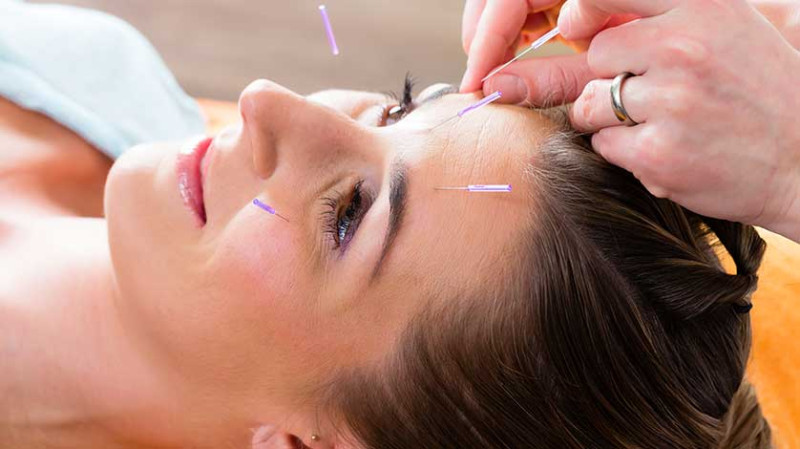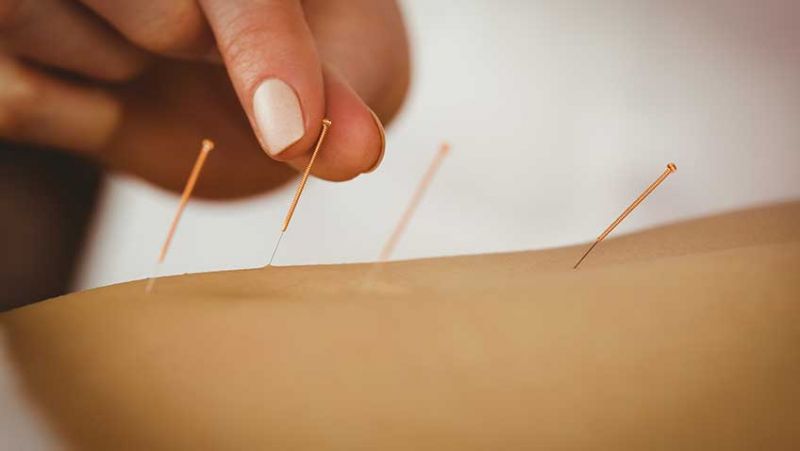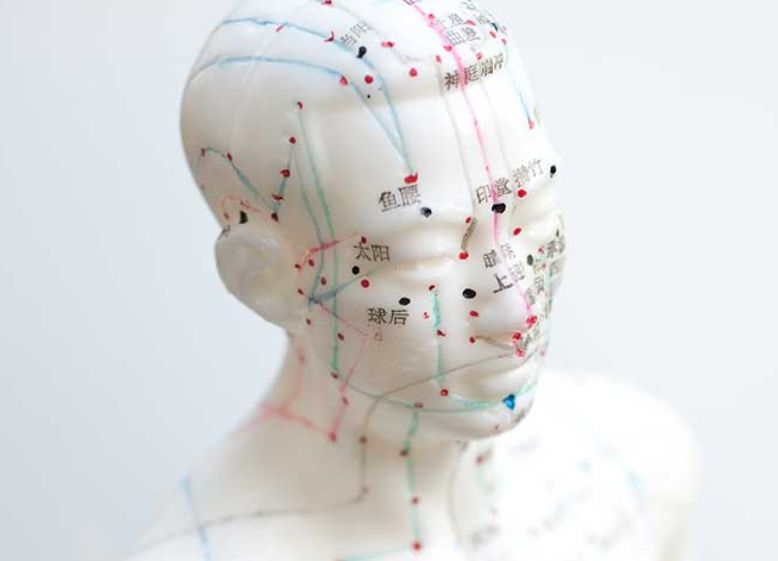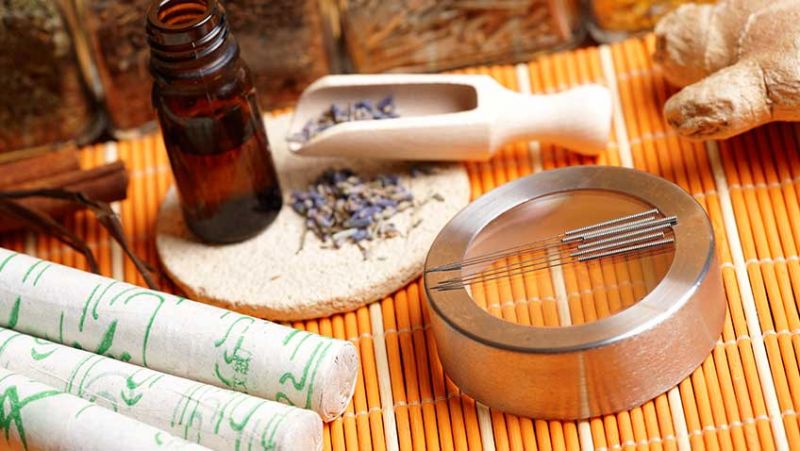
Acupuncture, an ancient practice rooted in Traditional Chinese Medicine (TCM), has gained popularity in recent years as a holistic approach to health and wellness. This therapeutic technique involves the insertion of thin needles into specific points on the body to promote healing and balance. In this blog post, we will explore the numerous benefits of acupuncture and how it can effectively address common health issues.
What is Acupuncture?
Acupuncture is based on the concept of Qi (pronounced "chee"), which is believed to be the vital energy that flows through the body. According to TCM, when Qi is blocked or imbalanced, it can lead to various health problems. Acupuncture aims to restore the flow of Qi by stimulating specific points on the body, known as acupuncture points.
How Does Acupuncture Work?
The practice of acupuncture involves the insertion of sterile, fine needles into designated acupuncture points. These points correspond to different organs and systems in the body. The insertion of needles stimulates the nervous system, promoting the release of endorphins and other neurotransmitters that help alleviate pain and improve overall well-being.
Scientific Evidence Supporting Acupuncture
Numerous studies have been conducted to evaluate the effectiveness of acupuncture for various health conditions. Research has shown that acupuncture can:
- Reduce chronic pain, including back pain, neck pain, and arthritis.
- Help manage stress and anxiety levels.
- Improve sleep quality and alleviate insomnia.
- Support digestive health and relieve symptoms of irritable bowel syndrome (IBS).
- Enhance immune function and reduce the frequency of colds and flu.
Benefits of Acupuncture for Common Health Issues
1. Pain Management
One of the most well-known benefits of acupuncture is its ability to manage pain. Whether it's chronic pain from conditions like arthritis or acute pain from injuries, acupuncture can provide relief. Studies have shown that acupuncture can:
- Reduce inflammation and promote healing.
- Increase blood flow to affected areas.
- Stimulate the release of natural painkillers in the body.
2. Stress and Anxiety Relief
In today's fast-paced world, stress and anxiety have become common issues for many individuals. Acupuncture can help alleviate these feelings by:
- Promoting relaxation and reducing cortisol levels.
- Enhancing the production of serotonin and dopamine, which are neurotransmitters associated with mood regulation.
- Encouraging mindfulness and a sense of well-being.
3. Improved Sleep Quality
Many people struggle with sleep disorders, including insomnia. Acupuncture can help improve sleep quality by:
- Regulating the sleep-wake cycle.
- Reducing anxiety and promoting relaxation.
- Addressing underlying health issues that may contribute to sleep disturbances.
4. Digestive Health
Acupuncture has been shown to be effective in treating various digestive issues, including:
- Irritable Bowel Syndrome (IBS)
- Constipation
- Acid reflux
By stimulating specific acupuncture points, practitioners can help regulate digestive function and alleviate discomfort.
5. Immune System Support
Acupuncture can enhance immune function, making it a valuable tool for preventing illness. Benefits include:
- Increasing the production of white blood cells.
- Improving circulation and lymphatic drainage.
- Reducing inflammation and promoting overall health.
What to Expect During an Acupuncture Session
If you're considering acupuncture, it's essential to know what to expect during your first session. Here’s a brief overview:
- Initial Consultation: Your acupuncturist will conduct a thorough assessment of your health history and current concerns.
- Treatment Plan: Based on your assessment, the practitioner will develop a personalized treatment plan tailored to your needs.
- Needle Insertion: During the session, you will lie down comfortably while the acupuncturist inserts needles into specific points. Most people report feeling minimal discomfort.
- Relaxation: You will typically rest for 20-30 minutes while the needles remain in place, allowing your body to absorb the benefits.
- Post-Treatment Advice: After the session, your acupuncturist may provide recommendations for self-care and lifestyle changes to enhance the effects of treatment.
Is Acupuncture Safe?
When performed by a qualified and licensed practitioner, acupuncture is considered safe. The needles used are sterile and single-use, minimising the risk of infection. However, it’s essential to consult with your healthcare provider before starting any new treatment, especially if you have underlying health conditions or are pregnant.
Conclusion
Acupuncture offers a holistic approach to health and wellness, addressing a wide range of common health issues. From pain management to stress relief, the benefits of acupuncture are supported by both traditional practices and modern scientific research. If you're looking for a natural way to improve your health, consider exploring acupuncture as a viable option.
Frequently Asked Questions (FAQs)
1. How many acupuncture sessions will I need?
The number of sessions required varies depending on the individual and the condition being treated. Some people may experience relief after just one session, while others may require multiple treatments for optimal results.
2. Does acupuncture hurt?
Most people report feeling little to no pain during needle insertion. The needles used in acupuncture are very thin, and many individuals find the experience relaxing.
3. Can acupuncture be used alongside other treatments?
Yes, acupuncture can complement other medical treatments and therapies. Always inform your healthcare provider about any alternative therapies you are considering.
4. How do I find a qualified acupuncturist?
Look for a licensed acupuncturist with credentials from a recognised institution. You can also check reviews and ask for recommendations from friends or healthcare providers.



